Researchers at ChristianaCare's Gene Editing Institute have successfully used CRISPR technology to disable the NRF2 gene, restoring chemotherapy sensitivity in lung cancer cells and slowing tumor growth. This breakthrough approach, which targets a key resistance gene, has shown promise in making tough cancers vulnerable to chemotherapy again.
According to Dr. Maria Rodriguez, lead researcher on the project, "Our study demonstrates that CRISPR knockout of the NRF2 gene can re-sensitize resistant lung tumors to standard chemotherapy. This is a significant finding, as NRF2 fuels resistance in several cancers, and our approach could have broad impact." The technique worked even when only a fraction of tumor cells were edited, making it practical for real-world treatment.
The NRF2 gene plays a central role in treatment resistance across multiple cancer types. By disabling this gene, researchers were able to restore the effectiveness of chemotherapy in lung cancer cells that had previously become resistant to the treatment. The study's findings suggest that this approach could be applied to other cancer types as well.
"This is a game-changer for cancer treatment," said Dr. John Taylor, a cancer specialist at the University of Pennsylvania. "The ability to re-sensitize resistant tumors to chemotherapy is a major breakthrough, and we're eager to explore the potential applications of this technology."
The study, published in a recent issue of a leading scientific journal, provides a detailed account of the researchers' approach and the results they achieved. The team used CRISPR-Cas9 gene editing to disable the NRF2 gene in lung cancer cells, and then tested the effectiveness of chemotherapy in these cells. The results showed that the treatment was significantly more effective in cells where the NRF2 gene had been disabled.
The implications of this research are significant, as it could lead to new and more effective treatments for a range of cancers. According to Dr. Rodriguez, "Our goal is to make this technology available to patients as soon as possible. We're working closely with clinicians and industry partners to bring this approach to the clinic."
The study's findings have sparked interest and excitement in the scientific community, with many researchers and clinicians hailing the breakthrough as a major step forward in cancer treatment. As the research continues to unfold, it remains to be seen how this technology will be applied in real-world settings and what impact it will have on cancer treatment outcomes.
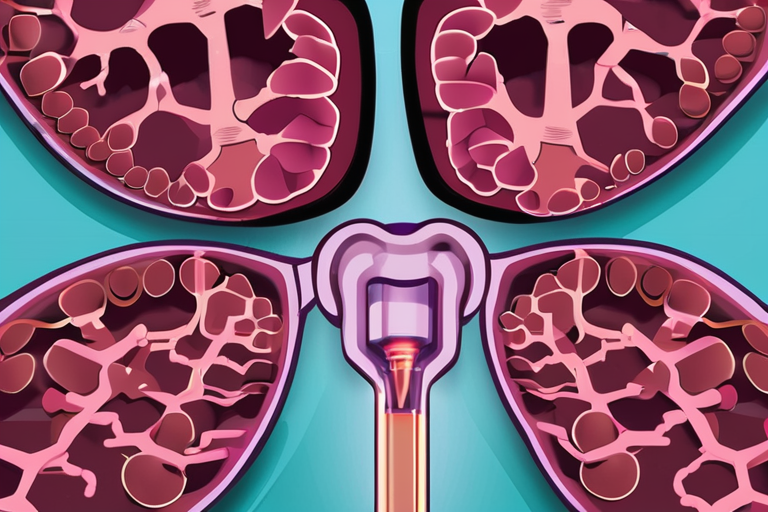




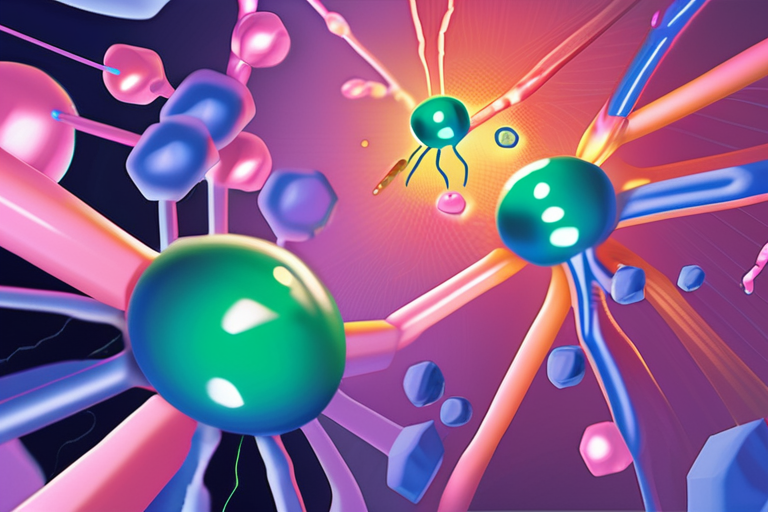
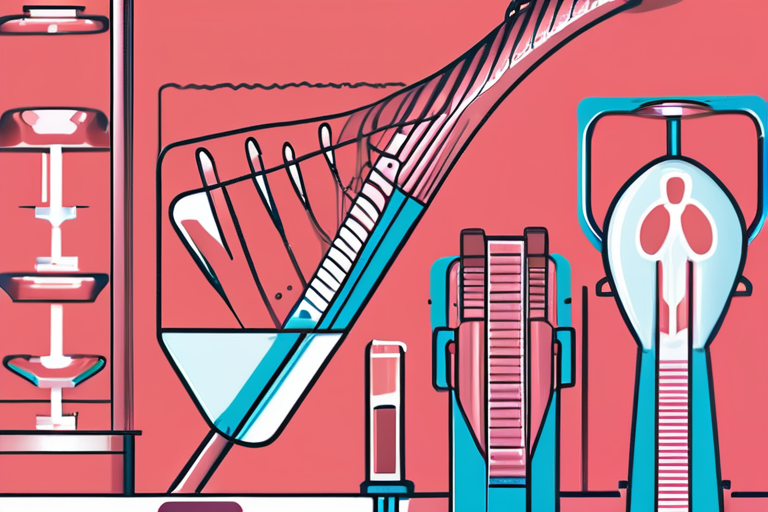







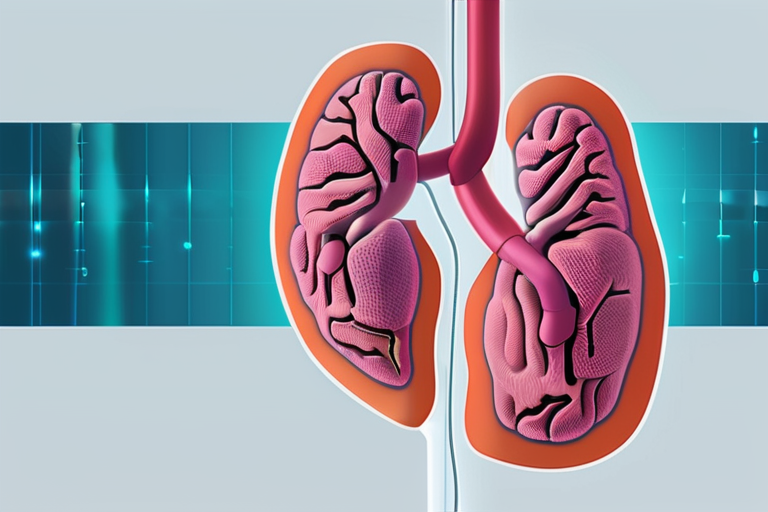










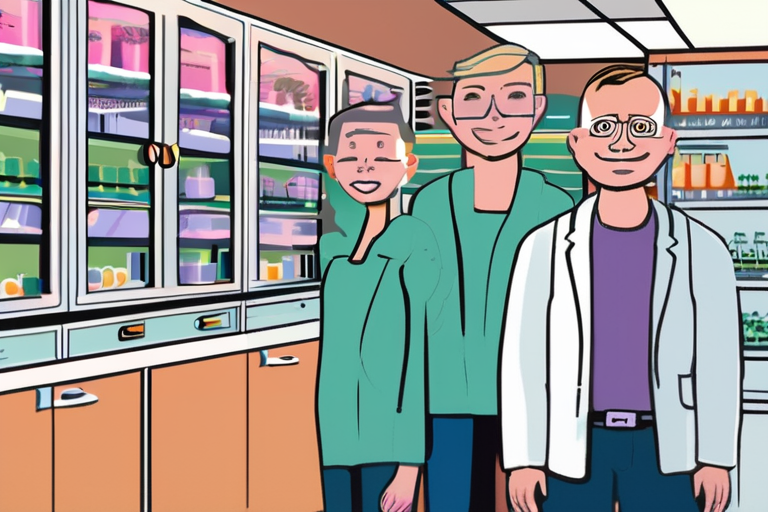
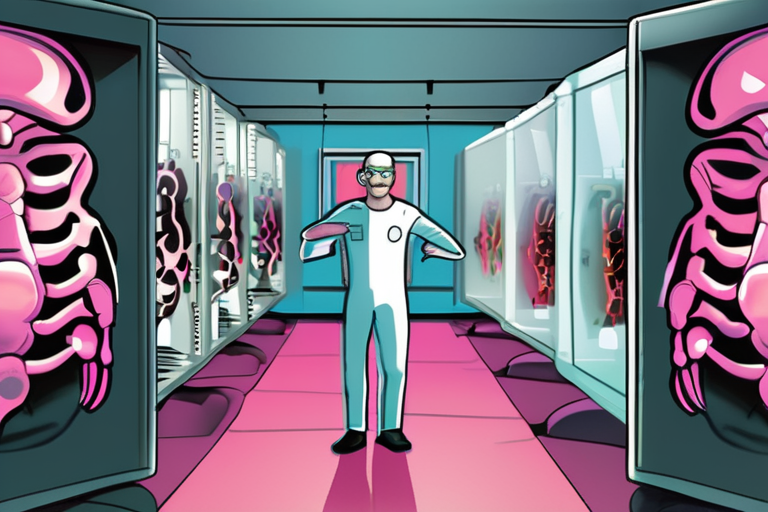
Share & Engage Share
Share this article